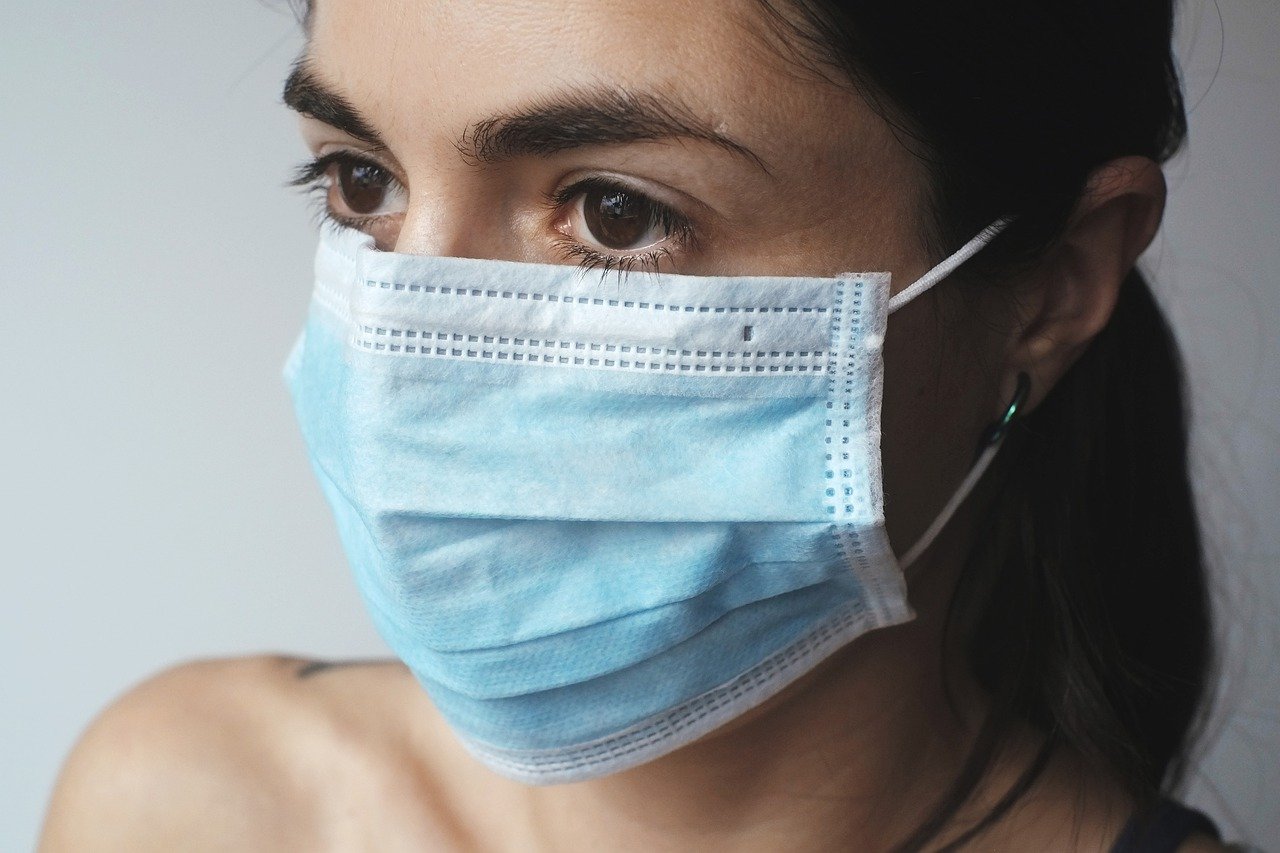Healthcare providers are required to wear a face mask to reduce their likelihood of acquiring the virus from the patients they are caring for. Likewise, people are encouraged to wear face masks, particularly during the time of a global pandemic, to ensure that the spread of the virus is slowed down, if not totally prevented. However, some are still not sure whether they can really be protected by a face mask. This article tackles the level of protection that certain types of face masks can provide.

N95 Masks
N95 is a type of face mask that you will often see healthcare providers wear. The reason behind this is that this can offer the most protection against respiratory diseases, including the novel coronavirus. Professionals from dmbsupply.com say that it is important to find a mask made from high-quality materials, with the capability to filter out 95% of the particles from the air you breathe in. While most of the other types of masks typically offer protection for the people around you, an N95 mask will be able to primarily protect you as well.
Disposable Surgical Masks
You will also commonly see healthcare providers wear surgical masks because this type of mask also provides a certain level of protection. Surgical masks can filter about 60% of the air particles that you breathe in. The great part about wearing surgical masks is that they can also prevent the spread of droplets that can lead to respiratory infection. Perhaps the only drawback of disposable surgical masks is that they are meant to be used only once.
Cloth Masks
There are various types of cloth masks that you can choose from and these can also be made from different types of fabric. To offer a certain level of protection for yourself, you can use folder facial tissues as a filter, particularly if the cloth mask that you go for has a filter pocket.
Just keep in mind to change the tissue every day to ensure its effectiveness. There is also the option for you to go for a filter that is made from a durable polypropylene material to increase the filtration efficiency of your cloth mask to more than 50%.
In choosing a cloth mask, make sure that you look for one which has ideally three layers of fabric that are constructed from tight-weave 100% cotton cloth. In this way, even without a filter, you can already expect a 35% filtration efficiency.

The level of protection that you get from a face mask depends on the specific type of mask that you use. N95 and other types of respirators offer the most protection, which is why this is one of the most common types of masks that you see healthcare providers use. Nonetheless, disposable surgical masks can also help filter about 60% of inhaled particles. There is also the option for you to use cloth masks with filters, but keep in mind that its effectiveness depends on its construction. The key is in wearing the right type of face mask based on your needs and preferences.
ALSO READ: Should we start wearing face masks at home?
–
Do you have a story for the WhenInManila.com Team? Email us at story.wheninmanila@gmail.com




